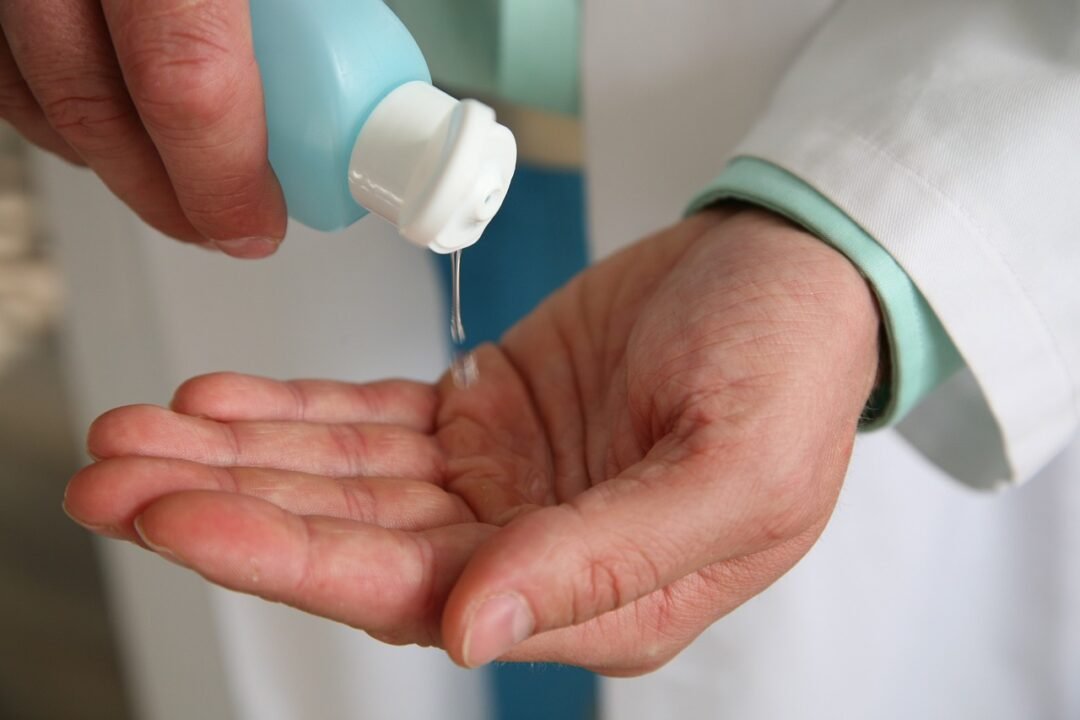Hand hygiene is one of the most crucial aspects of infection control in healthcare settings. Proper hand hygiene practices can help prevent the spread of infections and diseases, and are essential in promoting patient safety. Healthcare professionals are constantly exposed to harmful microorganisms, and they need to take necessary measures to prevent the spread of infections. In this article, we will explore why hand hygiene is essential in healthcare and its importance in preventing the spread of infections.
The Importance of Hand Hygiene in Healthcare
Hand hygiene is the practice of cleaning hands by washing them with soap and water or using hand sanitizers. In healthcare settings, it is essential to follow proper hand hygiene practices to prevent the spread of infections. Healthcare workers are continuously exposed to harmful microorganisms, including bacteria, viruses, and fungi, which can cause infections. Proper hand hygiene can help reduce the transmission of these pathogens.
Healthcare professionals have a higher risk of acquiring infections due to their constant exposure to patients, contaminated surfaces, and medical equipment. The hands of healthcare professionals can become contaminated with pathogens, and if they do not practice proper hand hygiene, they can transmit these pathogens to patients, staff members, and possibly their family members.

Preventing the Spread of Infections
Hand hygiene is crucial in preventing the spread of infections. Healthcare workers can spread infections to patients, and patients can also transmit infections back to healthcare professionals. In healthcare settings, hand hygiene is essential in preventing the spread of healthcare-associated infections (HAIs).
HAIs are infections that patients acquire during their stay in healthcare facilities, including hospitals, clinics, and long-term care facilities. HAIs can be caused by a variety of pathogens, including bacteria, viruses, and fungi. These infections can be severe and can lead to multiple health complications and possibly death. Proper hand hygiene can help prevent the spread of these infections.
Guidelines in Healthcare Settings
Healthcare facilities have specific guidelines on hand hygiene practices. These guidelines are developed based on evidence-based research and are updated regularly. Healthcare professionals need to follow these guidelines to prevent the spread of infections.
The World Health Organization (WHO) has developed a comprehensive hand hygiene guideline (reference) to help prevent and control the spread of infections in healthcare settings. Hand hygiene is considered the single most important measure for reducing the risk of transmitting pathogens between patients, healthcare workers, and the environment.
Hand Hygiene Indications: Healthcare workers should perform hand hygiene:
- Before patient contact
- Before performing any aseptic procedure
- After exposure to body fluids or excretions
- After patient contact
- After touching patient surroundings
Hand Hygiene Techniques:
- Hand washing with soap and water:
- Wet hands with clean water, apply enough soap to cover all surfaces
- Rub hands palm-to-palm, and then interlace fingers
- Rub the back of each hand, including fingers
- Rub around each thumb and under nails
- Rinse hands thoroughly with clean water and dry with a clean towel or air-dry
- Hand sanitizing with alcohol-based hand rub (ABHR):
- Apply a palmful of ABHR, covering all surfaces of the hands
- Rub hands palm-to-palm, and then interlace fingers
- Rub the back of each hand, including fingers
- Rub around each thumb and under nails
- Allow hands to air-dry, ensuring that they remain wet for at least 20 seconds
- Hand Hygiene Products:
- ABHR should contain 60-95% alcohol content
- Use mild, non-irritating soaps for hand washing
- Hand moisturizers should be compatible with ABHR and latex gloves
Hand Hygiene Facilities:
- Ensure availability of hand hygiene stations in all patient care areas
- Provide sinks with clean water, soap, disposable towels, and waste bins
- Place ABHR dispensers near the point of care and in high-traffic areas
Education and Training:
- Provide ongoing education and training for healthcare workers on hand hygiene practices
- Monitor and evaluate hand hygiene compliance regularly
Institutional Hand Hygiene Program:
- Establish a multidisciplinary team to develop, implement, and maintain a hand hygiene program
- Promote a culture of hand hygiene within the organization
- Set goals for hand hygiene compliance and monitor progress

Challenges in Hand Hygiene Compliance
Despite the importance of hand hygiene in healthcare settings, compliance with hand hygiene guidelines remains a challenge. Many healthcare professionals fail to comply with hand hygiene practices due to several reasons, including pressure from work, forgetfulness, lack of time, and skin irritation.
In healthcare settings, healthcare workers may be under time pressure from clinical commitments, which may makes it challenging to follow proper hand hygiene practices. Also, poor understanding of the importance of hand hygiene and inadequate training can also be a contributor to the lower than expected hand hygiene compliance rate in hospitals.
Another challenge in hand hygiene compliance is skin irritation. Frequent hand washing or the use of alcohol-based hand sanitizers can cause skin irritation, may discourage healthcare professionals from adhering to proper hand hygiene practices. Fortunately, increasing numbers of manufacturers are investing considerable amount of effort to provide skin-friendly products to alleviate skin irritations and to encourage good hand hygiene compliance by healthcare professionals.
Hand hygiene is essential in healthcare settings to prevent the spread of infections. Healthcare professionals should follow proper hand hygiene practices as outlined by guidelines developed by healthcare facilities and organizations such as the CDC and WHO.




